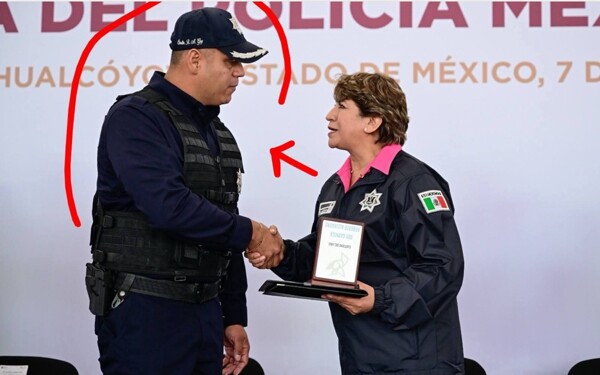
Seven out of ten Mexicans have the Helicobacter pylori bacteria in their bodies, linked to stomach cancer, which affects approximately 20 out of every 100,000 people in Mexico, making it the sixth most common cancer in the country, the Mexican Association of Gastroenterology (AMG) explained this Thursday.
At a press conference, AMG specialists warned that this bacteria has a high global presence—it is found in about 50% of the population—and that the figure rises to 70% in Mexico. They noted that it is a "risk factor" in the development of stomach cancer, which is more prevalent in Mexico City and in states such as Chiapas (south) or Guerrero (west).
In fact, they warned that the bacteria is an infectious cause of developing this cancer, the fifth most common worldwide, and they called attention to the importance of prevention to avoid contracting this stomach bacteria.
According to the president of the AMG, Dr. José María Remes-Troche, prevention in early age is "fundamental," and he advocated for educating the public on this matter, stating that this cancer can be prevented in 90% of cases, especially if detected in time.
The experts also emphasized that the bacteria linked to stomach cancer can be contracted in various ways. However, they highlighted direct person-to-person transmission in a family environment or due to contact with contaminated water, as well as diet and other daily habits.
"If a mother has it (the bacteria), the possibility of passing it to her children increases thirteen times," stated the vice president of the AMG, Alejandra Noble, before noting that advanced age, overcrowding in small homes, or not having water to wash hands are risk factors that increase the likelihood of suffering from this condition.
"Washing hands is very important. Many times we get home and we don't wash our hands, and these are very important and easy-to-implement measures," she said.
In Mexico, about 6,000 cases of stomach cancer are detected each year, according to data from the Ministry of Health.














